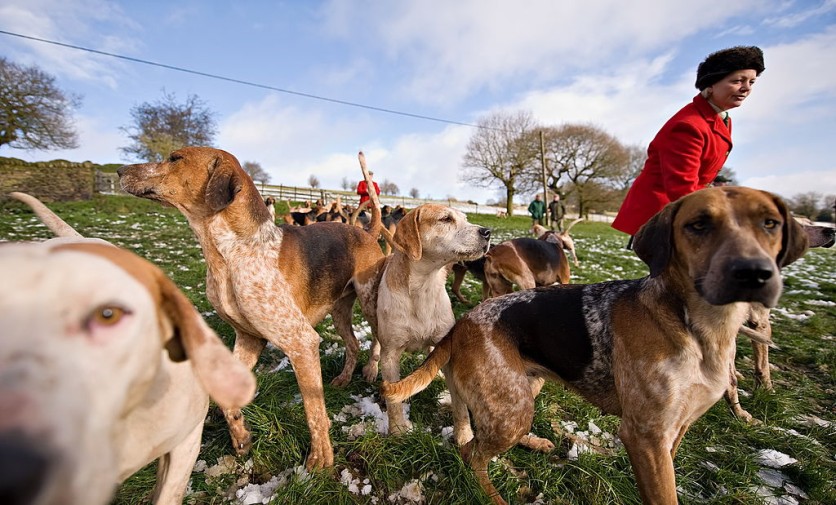A perplexing malady, labeled as "atypical canine infectious respiratory disease," is spreading among dogs. The symptoms encompass coughing, sneezing, eye or nose discharge, and lethargy.

Spreading Among Dogs
The emerging atypical canine infectious respiratory disease appears to be a novel and unconventional health concern affecting dogs in various states across the United States. Interesting Engineering reported that it displays resistance to standard treatments and, in some instances, has led to fatalities.
Concerted research efforts are underway to unravel the disease's origins, identify potential causes, and establish effective preventive measures for dog owners. Veterinarians in Oregon have recorded over 200 cases of this disease since mid-August 2023, with additional instances reported in Colorado, Illinois, and New Hampshire.
Dr. Ryan Scholz, a State Veterinarian from Oregon, conveyed to the American Veterinary Medical Association that, based on the epidemiology of reported cases, the instances of the unidentified illness in dogs seem to have a viral origin. However, standard respiratory diagnostic tests have yielded predominantly negative results.
Dr. David B. Needle, a pathologist at the New Hampshire Veterinary Diagnostic Laboratory and a clinical associate professor at the University of New Hampshire, elucidated that dogs afflicted with this enigmatic illness exhibit symptoms resembling those of upper respiratory diseases.
These dogs typically do not test positive for common respiratory ailments, and the illness displays a notable resistance to conventional treatments. According to Needle, fatalities do not constitute a significant aspect of the syndrome under investigation, with only a few animals developing acute and occasionally fatal pneumonia after an extended chronic disease.
Potential Evolution
This adaptation may have been influenced by an "evolutionary event," such as a spontaneous mutation or the acquisition of a gene from an external source. This potential evolution could have rendered the bacteria more virulent.
The research team has already received samples from Oregon and anticipates acquiring additional samples from states like Colorado and Illinois for further testing. The director of the Washington Animal Disease Diagnostic Laboratory conveyed by CNN that the laboratory has also documented cases of this mysterious canine disease.
At Southfield Veterinary Hospital, Dr. Gracen Chang detailed the situation, explaining that affected dogs exhibit prolonged coughing episodes lasting three to four weeks, occasionally leading to pneumonia. Notably, standard treatments for kennel cough and canine influenza have proven ineffective in these cases.
The Oregon Veterinary Medical Association's website advised dog owners to exercise caution rather than panic, acknowledging the potential for periodic outbreaks of Canine Infectious Respiratory Disease Complex (CIRDC) within dog populations.
Highlighting the commonality of dogs contracting multiple bacterial or viral agents, the association outlined symptoms such as coughing, sneezing, nasal and/or eye discharge, and lethargy. Dog owners were encouraged to promptly contact their veterinarian if their pets exhibited these symptoms.
Related Article : Dogs Can Detect COVID-19 Better Than Common Tech, New Study Claims





